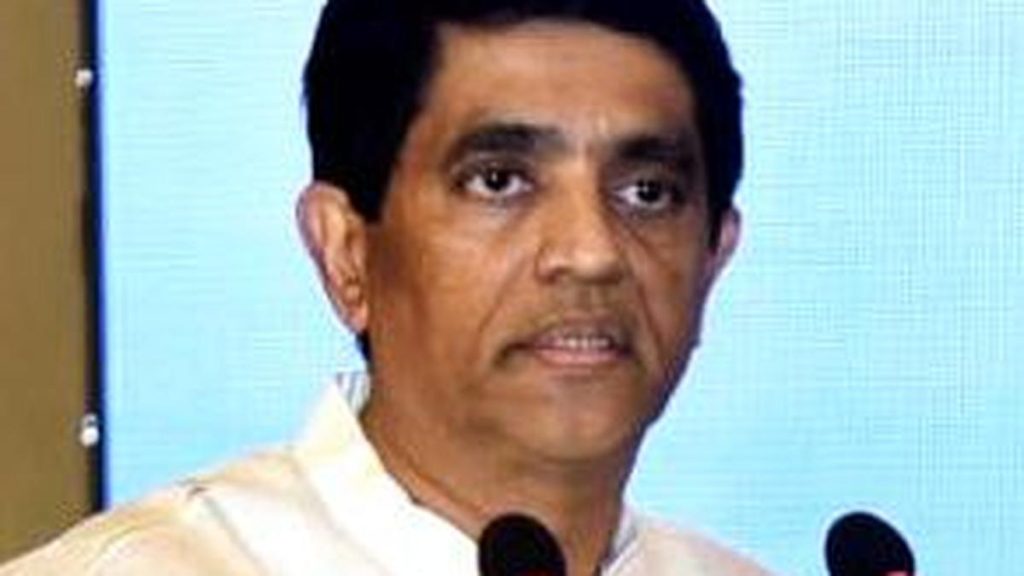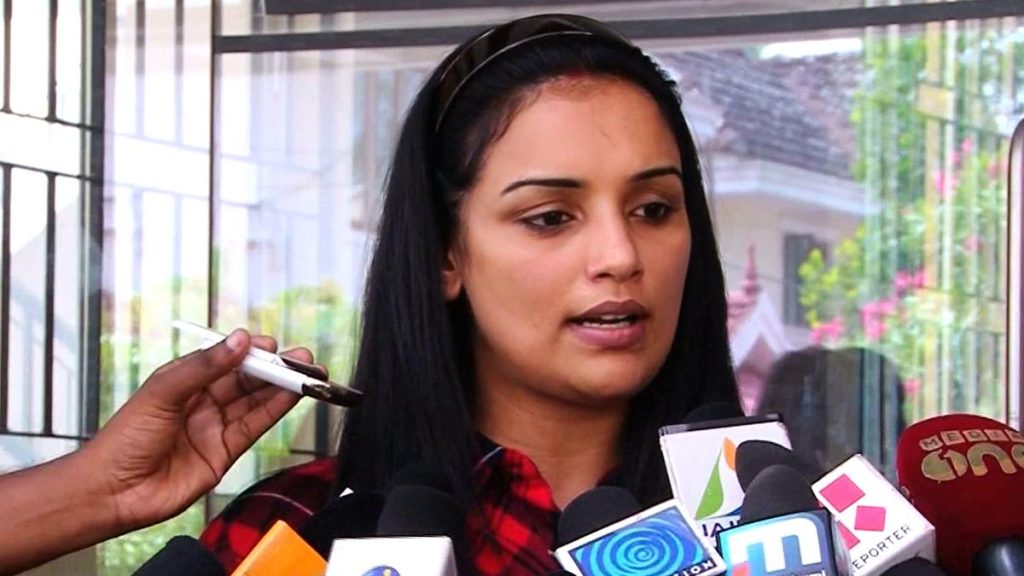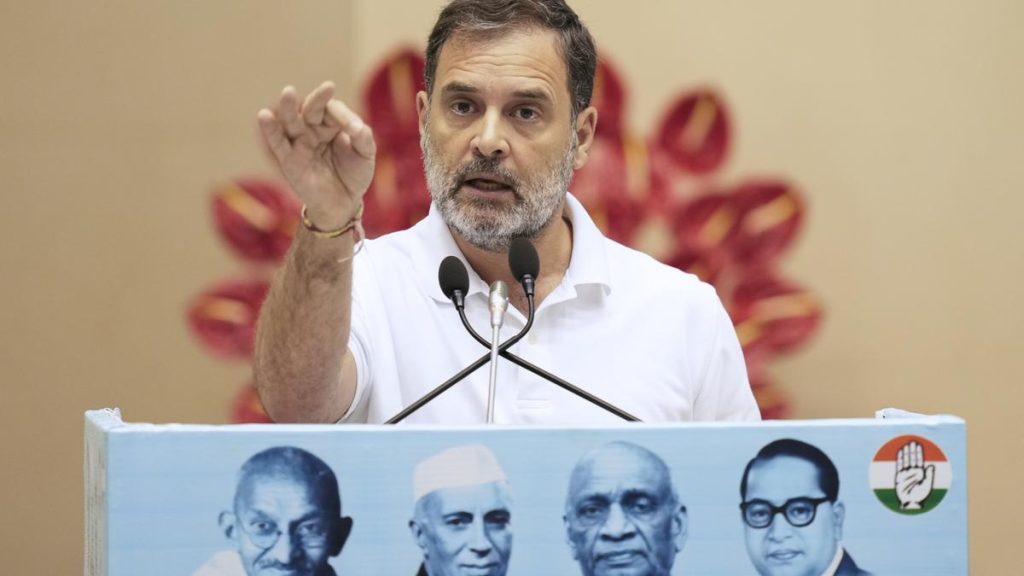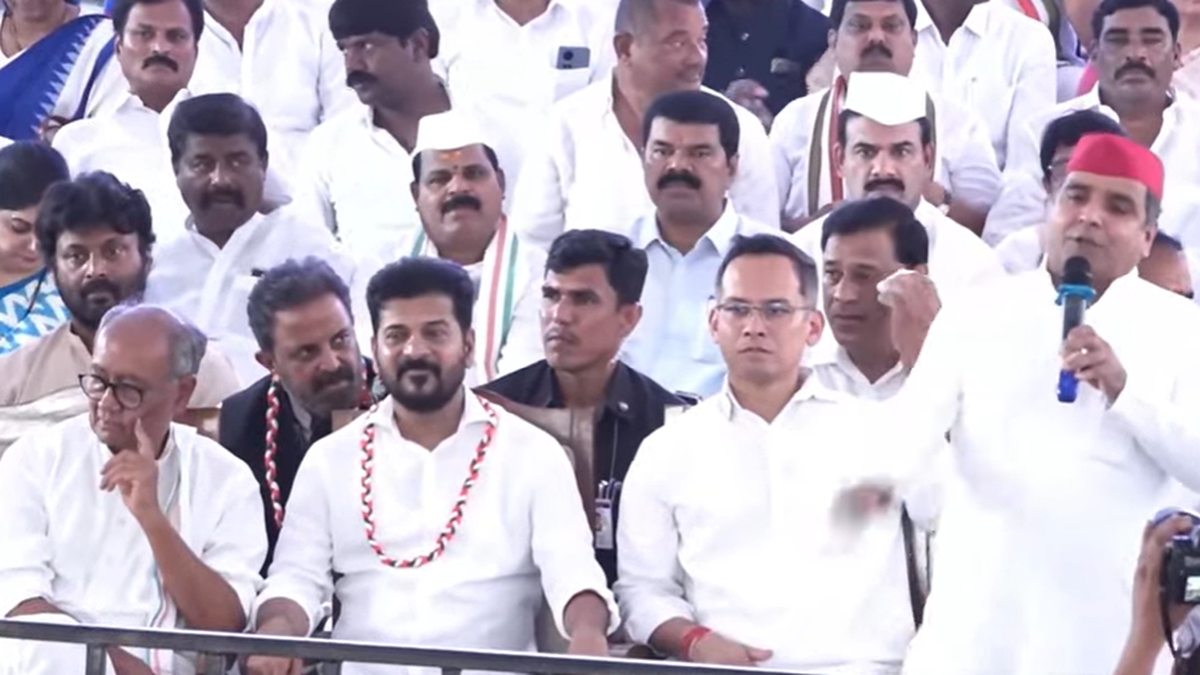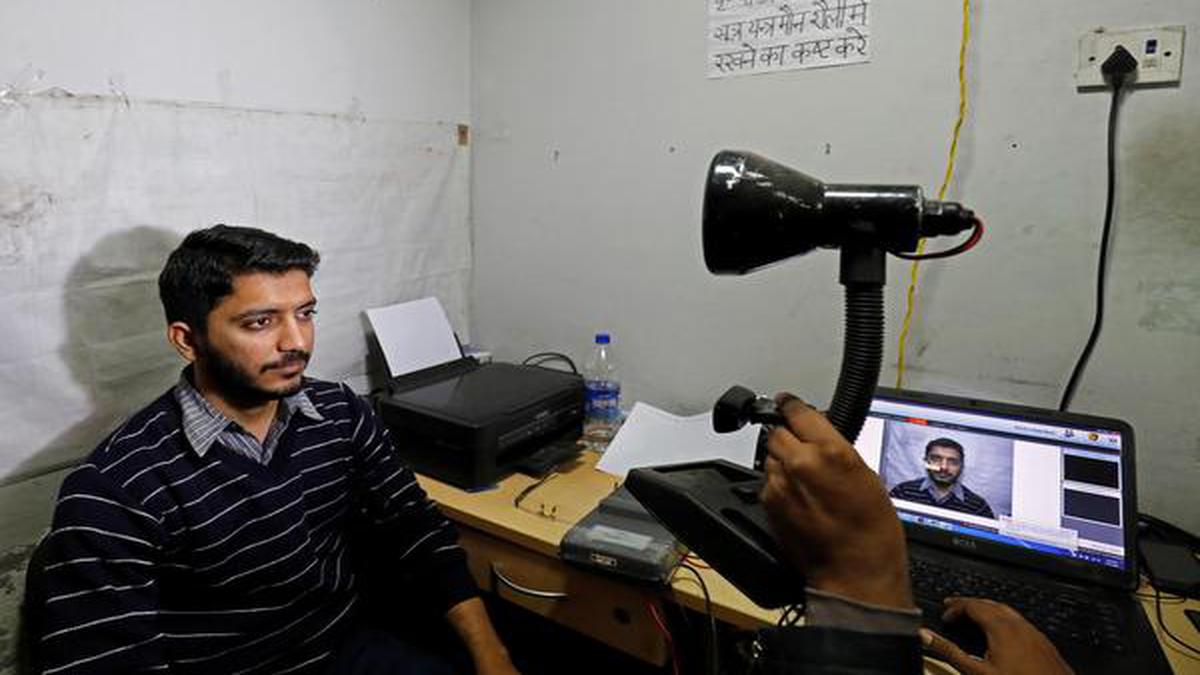Now Reading: Supreme Court Rejects AIADMK MP’s Plea Against ‘Ungaludan Stalin’ Scheme Name
-
01
Supreme Court Rejects AIADMK MP’s Plea Against ‘Ungaludan Stalin’ Scheme Name
Supreme Court Rejects AIADMK MP’s Plea Against ‘Ungaludan Stalin’ Scheme Name
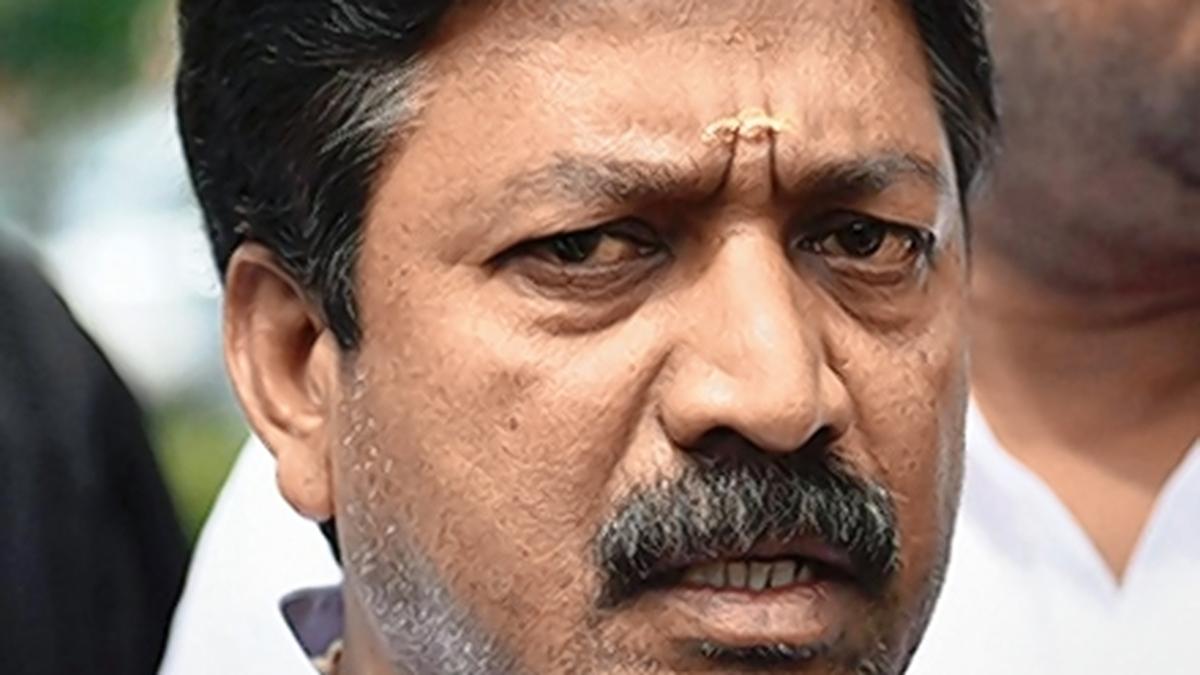
Quick Summary
- Case Details: Supreme Court dismissed the petition filed by AIADMK MP C.Ve.Shanmugam, challenging the Tamil Nadu Government’s naming of the outreach program ‘Ungaludan Stalin’ after Chief Minister M.K. Stalin.
- Judgment: The Court deemed the challenge “misconceived” and imposed ₹10 lakh costs on Mr. Shanmugam for misuse of legal resources.
- high Court Restrictions Overruled: Supreme Court nullified Madras high Court’s restriction barring naming schemes after living personalities, calling it unsustainable in law.
- Petitioner’s Argument: Alleged misuse of public funds and political bias in promoting one individual’s name (CM Stalin).
- Supreme Court Observations:
– Criticized selective targeting of one political leader while similar practices exist across other states,including AIADMK’s past schemes named after former CM Jayalalithaa and Union Government initiatives incorporating ‘NaMo’.- Courts should not be venues for resolving political battles meant for electoral scrutiny.
- DMK Counterargument: Submitted that past examples (Amma schemes under AIADMK, NaMo branding) highlight such practices are commonplace nationally and defended Ungaludan stalin as a welfare initiative aimed at citizen-centric engagement.
indian Opinion Analysis
the Supreme Court’s dismissal underscores India’s judiciary’s stance against politicizing legal processes to settle partisan disputes. By overturning restrictions imposed by the Madras High Court, it has reaffirmed an elected government’s prerogative to name welfare programs without arbitrary limitations that coudl obstruct essential services or governance.
While this ruling protects continuity in governmental outreach efforts like Ungaludan Stalin, it also calls attention to a broader debate regarding ethical governance practices-specifically whether naming state-sponsored initiatives after sitting leaders promotes unequal access during elections or blurs lines between administrative functions and political branding.
For India, this judgment serves as a reminder about balancing governance with clarity while discouraging selective challenges seemingly rooted more in rivalry than principle. Future discourse might benefit from developing clearer guidelines on when such nomenclature risks undue influence versus when it facilitates direct civic engagement without overshadowing its intent.
Read more at The Hindu.


